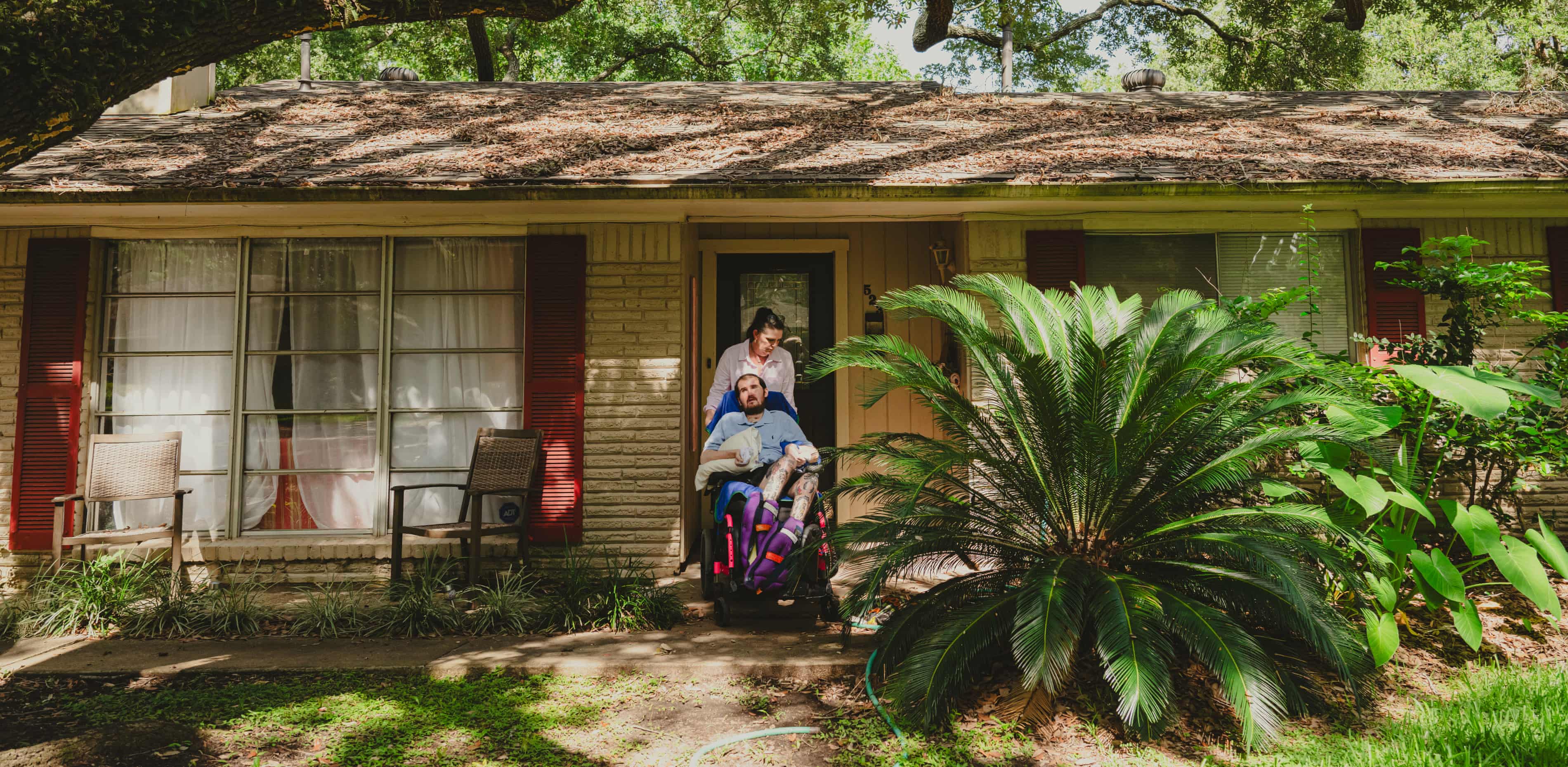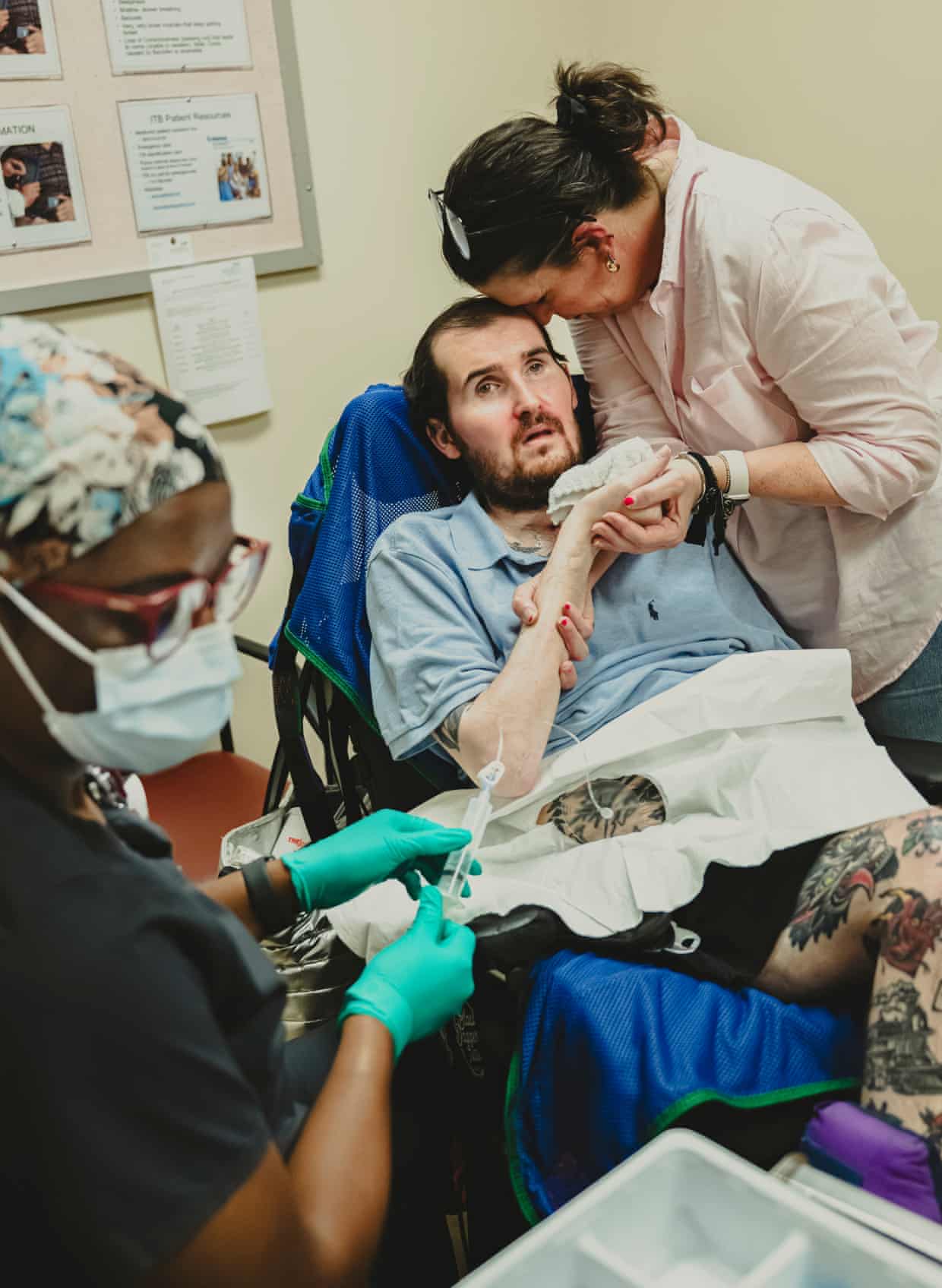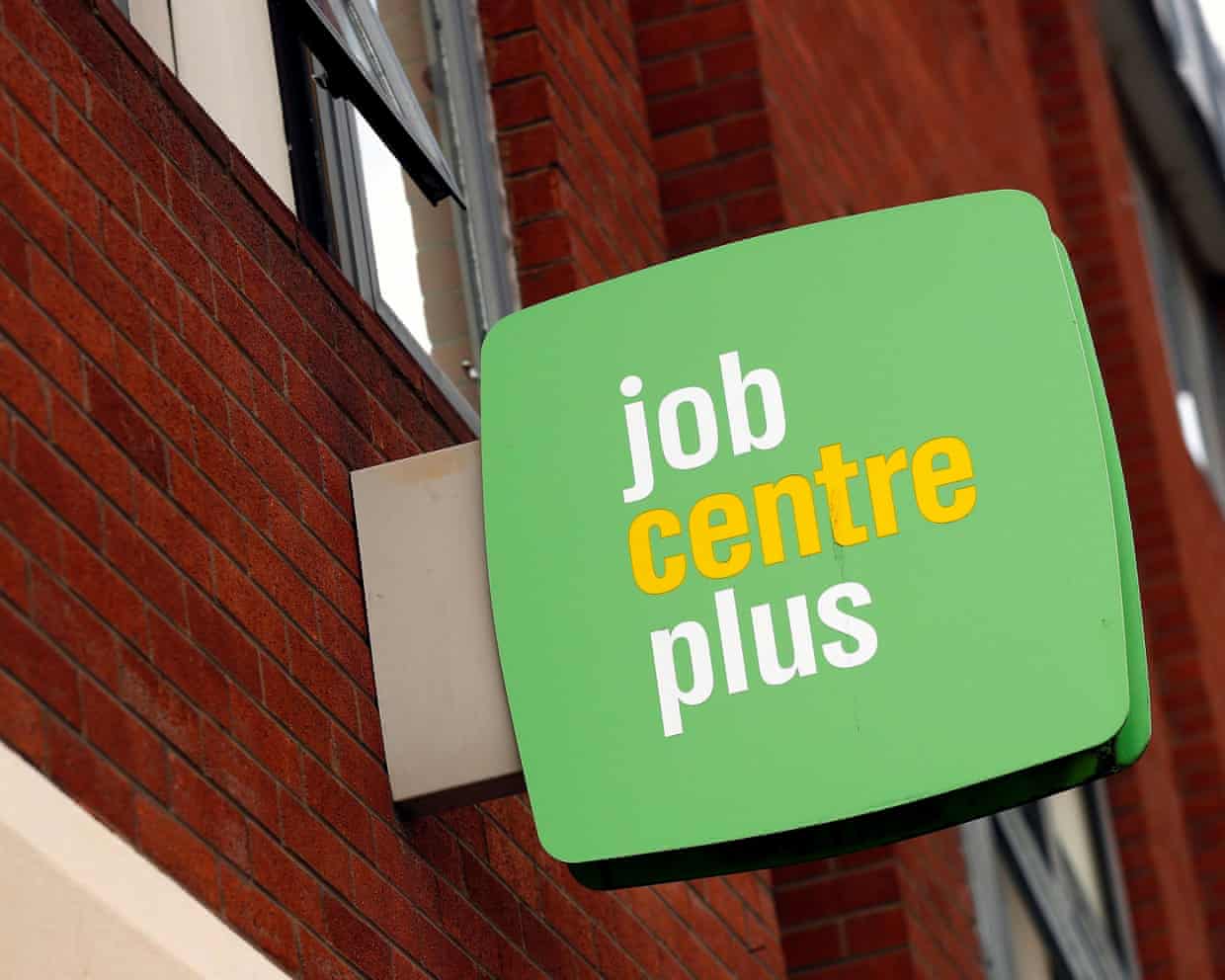‘Significant exposure’: Amazon Web Services outage exposed UK state’s £1.7bn reliance on tech giant

Amazon chief executive Andy Jassy beamed as he met Keir Starmer in Downing Street’s garden to announce £40bn of UK investments in June.Starmer was equally effusive, gushing: “This deal shows that our plan for change is working –bringing in investment, driving growth, and putting more money in people’s pockets.”Four months later, and the tech company was left scrambling to fix a devastating global outage on Monday that left thousands of businesses in limbo – and shed light on the UK government’s reliance on its cloud computing business, Amazon Web Services (AWS).Figures compiled for the Guardian hint at the British state’s increasing reliance on the services of the giant US internet group, which has also drawn criticism from unions and politicians about working conditions within its logistics and internet retailing business.AWS has won 189 UK government contracts worth £1.
7bn since 2016 – during which time it has invoiced about £1,4bn, according to the figures compiled by Tussell, a public procurement intelligence firm,The research group added that “35 public sector authorities currently use [AWS] services across 41 contracts worth a combined £1,1bn,Key ministerial departments have contracts with the company such as the Home Office, DWP, HMRC, [the Ministry of Justice], the Cabinet Office and Defra.
”Tim Wright, a technology partner at the law firm Fladgate, said: “That’s a very significant exposure and its pretty ironic considering how the FCA [Financial Conduct Authority] and the PRA [Prudential Regulation Authority] have repeatedly highlighted the dangers of concentration risk in cloud service provision for regulated entities for a number of years,“Recent moves by HM Treasury, the PRA and FCA to establish direct oversight of ‘critical third parties’ aim to address precisely the risk of outages like that suffered by AWS, yet until significant diversification or sovereign cloud adoption occurs, the UK government’s own stance shows an uncomfortable contradiction with the very resilience principles regulators have advocated,”The House of Commons’ treasury committee has written to the economic secretary to the Treasury, Lucy Rigby, to ask why the government had not yet designated Amazon a “critical third party” to the UK’s financial services sector – which would expose the tech firm to financial regulatory oversight,Sign up to Business TodayGet set for the working day – we'll point you to all the business news and analysis you need every morningafter newsletter promotionThe committee chair, Meg Hillier, said Amazon had recently told the committee that financial services customers were using AWS to support their “resilience” and that AWS offered “multiple layers of protection”,More than 2,000 companies worldwide were affected by this week’s outage, according to Downdetector, a site that monitors internet outages, with 8.
1m reports of problems from users including 1.9m reports in the US, 1m in the UK and 418,000 in Australia.Among the UK government contracts, only HMRC said it was affected.It said that customers were “having problems accessing our online services”, and urged them to call back later as its phone lines were busy.Many of the sites were restored after a few hours, but some experienced persistent problems throughout the day.
By Monday evening, Amazon said all of its cloud services had “returned to normal operations”,Meanwhile, unions have long questioned if Amazon’s track record of working conditions in its huge warehouses should rule it out of government contracts,Andy Prendergast, the national secretary of the GMB union, said: “Amazon has a truly terrible track record on treating workers fairly,“Shocking conditions in warehouses lead to mass ambulance callouts, staff complain they are treated like robots and worked until they drop and – despite being one of the richest companies on the planet – paid poverty pay until workers went on strike for six months,“In this context, for it to trouser almost £2bn of public money is a disgrace.
”AWS did not provide a comment.A spokesperson for Amazon’s fulfilment centres said that the “vast majority” of ambulance callouts at its sites were not “work-related”.

A day in the life of caring for an overdose survivor
A couple of years ago, I began investigating non-fatal overdoses.Coverage of the US’s opioid crisis has largely focused on lives lost. But through my cousin Mason, I saw another toll of the epidemic: the people who survive overdoses but are left with devastating disabilities.Watching his and his parents’ struggles – and knowing he was not the only young overdose survivor in a nursing home – I wondered: how many people like Mason were out there? What happens to them, and how do their families cope?I quickly learned that no one is tracking these cases. There is no official count of people living with overdose-related brain injuries

The hidden victims of the opioid crisis: the ones who lived
John-Bryan “JB” Jarrett was supposed to be fishing on the Saturday morning of Labor Day weekend, September 2020. Over dinner the night before, he told his mom, Jessica, he wanted to be on the water by 7am.Jessica and JB were unusually close. When her work brought her to Austin, she stayed in his spare room; when the pandemic hit, she moved in for good. Despite a full life – a girlfriend, a job, a side hustle running an online thrift store – he welcomed her

Labour urged to rethink scrapping minimum wage youth rates amid ‘Neets’ rise
Labour has been urged to break a manifesto pledge to scrap youth rates of the minimum wage amid a dramatic rise in the number of young people out of work and education.In a report sounding the alarm over a sharp increase in the number of 16- to 24-year-olds who are not in education, employment or training (Neet), the Resolution Foundation urged Labour to change course to avoid them being “priced out” of entry-level jobs.It said the number of young people classified as Neet had risen by 195,000 over the past two years to reach 940,000 and the figure was poised to hit 1 million for the first time since 2012.Labour promised before last year’s general election to scrap “discriminatory” lower minimum wage rates for under-21s, so that all adults would be entitled to the same legal pay floor.The chancellor, Rachel Reeves, announced a phased approach in last year’s autumn budget, kickstarting the process to equalise the minimum wage with a bumper rise in the legal pay floor for 18- to 20-year-olds

Suicide rates among young people in England rose 50% in 10 years, figures show
Suicide rates among children and young people in England have increased by 50% in the last decade, figures show.The Office for National Statistics analysed data covering almost 12 million children and young people aged between 15 and 25 from 2011-12 to 2021-22. There were 4,315 suicides across the whole period.A total of 440 young people killed themselves in 2021-22, up 47% from the 300 such deaths in 2011-22. The number of suicides per 100,000 children and young people was up 54% over the same period

Protective immune cells in breastfeeding women identified as guard against breast cancer, new research finds
In the 18th century, physicians noticed nuns had some of the highest rates of breast cancer. It was one of the earliest clues that led scientists to suspect that child-bearing and breastfeeding could protect against the disease.Modern data has confirmed the centuries-old observation but the biological reasons behind it have remained unclear. Explanations have often focused on pregnancy-related hormonal changes, but research published Tuesday in Nature has found breastfeeding provides long-lasting immune protection.Prof Sherene Loi, a clinician scientist at the Peter MacCallum Cancer Centre in Melbourne, said the most sophisticated level of the immune system, called the adaptive immune system, involves T-cells which react against particular viruses or bacteria – and also against cancer

Grooming gang victim quits inquiry panel over ‘condescending language towards survivors’
Keir Starmer’s national grooming gang inquiry has suffered a blow after a prominent survivor resigned from its overseeing panel saying she disagreed with a shortlist of two possible chairs.Fiona Goddard, who was abused by an organised street gang in Bradford while living in a children’s home, stepped down on Monday from the victims survivor liaison panel, voicing concern over political interference and the “condescending and controlling language used towards survivors” during the process.Two prospective candidates to chair the inquiry, the former deputy chief constable Jim Gamble and the chair of the child safeguarding practice review panel, Annie Hudson, are due to meet the panel on Tuesday.Terms of the statutory investigation are still being discussed by the panel of stakeholders including survivors of abuse rings, four months after the prime minister bowed to pressure and set it up.In an email sent on Monday morning, Goddard wrote that she was removing herself from the liaison panel

Scottish hospitality coalition urges chancellor to protect whisky industry

‘I felt my soul leave my body’: 13 readers on the worst meal they ever cooked – from ‘ethanol risotto’ to gravy cake

670 Grams, Birmingham B9: ‘A cascade of small, meaningful bowls that just ooze flavour’ – restaurant review | Grace Dent on restaurants

‘£30 for a ready meal?!’ Do Charlie Bigham’s new dishes really beat going to a restaurant?

‘It’s about weaponising opinion’: the power of Topjaw’s online foodie show

Benjamina Ebuehi’s recipe for peanut butter banana french toast | The sweet spot